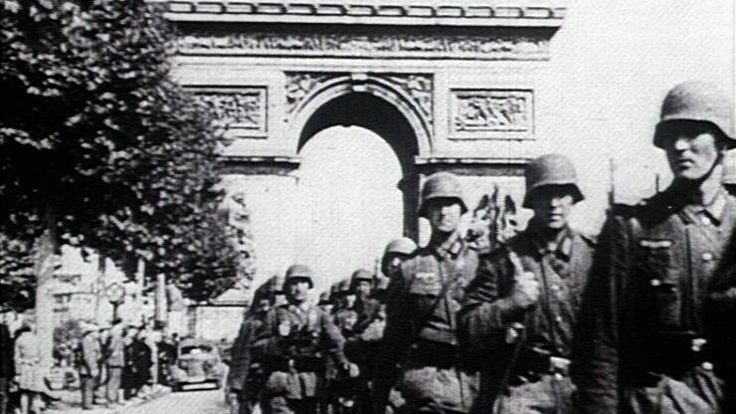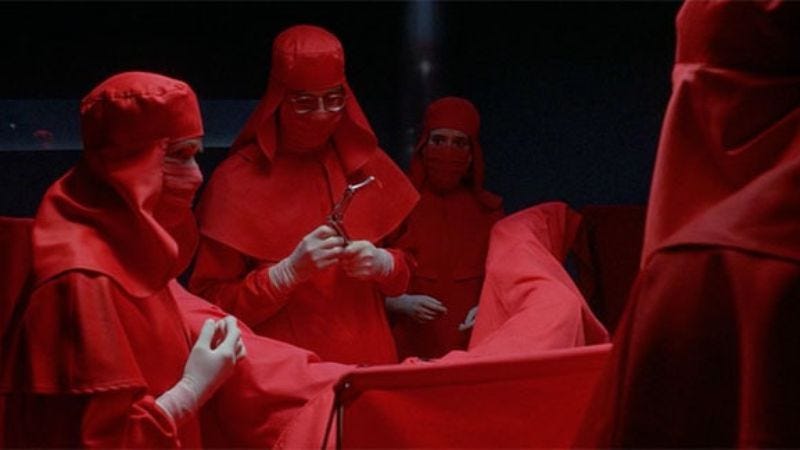Ralph Spoilsport
Registered User
- Jun 4, 2011
- 1,234
- 426
In Bruges. Sin, salvation and slapstick in feckin' Bruges.
Welcome to Sin City. A nickname usually given to places with reputations as party towns, where we indulge our vices and fantasies. The kind of place Ray probably would have preferred to hide out in. Bruges is not the place to forget your sins, it's the place where your sins confront you. The medieval streets, buildings and especially churches wit Jesus' blood in da house are reminders that medieval concepts like the eternal damnation of the soul are still standing tall today in the consciences of modern men.
I first saw this a couple of years ago and my reaction at that time was just meh. Don't know what my problem was, maybe horse tranquilizers? Watching again I haven't laughed so much in a long while. I'm beginning to think that black comedy is the highest form of literary art, for me at least. Bergman or Bresson may investigate the essence of the human soul, but without the laughs. And the laughs are what bring it all together, the sacred and profane. The absurdity of life. Screw "cerebral"...you've got to laugh. Laughter reveals more truth. A moment that really got me was when Ken, the "straight man" in all of this, with good intentions tries to warn some obese American tourists against climbing the stairs to the top of the bell tower, unaware that they've just been maliciously humiliated by Ray. Tries to be Good Samaritan, almost gets head bitten off!
Welcome to Sin City. A nickname usually given to places with reputations as party towns, where we indulge our vices and fantasies. The kind of place Ray probably would have preferred to hide out in. Bruges is not the place to forget your sins, it's the place where your sins confront you. The medieval streets, buildings and especially churches wit Jesus' blood in da house are reminders that medieval concepts like the eternal damnation of the soul are still standing tall today in the consciences of modern men.
I first saw this a couple of years ago and my reaction at that time was just meh. Don't know what my problem was, maybe horse tranquilizers? Watching again I haven't laughed so much in a long while. I'm beginning to think that black comedy is the highest form of literary art, for me at least. Bergman or Bresson may investigate the essence of the human soul, but without the laughs. And the laughs are what bring it all together, the sacred and profane. The absurdity of life. Screw "cerebral"...you've got to laugh. Laughter reveals more truth. A moment that really got me was when Ken, the "straight man" in all of this, with good intentions tries to warn some obese American tourists against climbing the stairs to the top of the bell tower, unaware that they've just been maliciously humiliated by Ray. Tries to be Good Samaritan, almost gets head bitten off!




